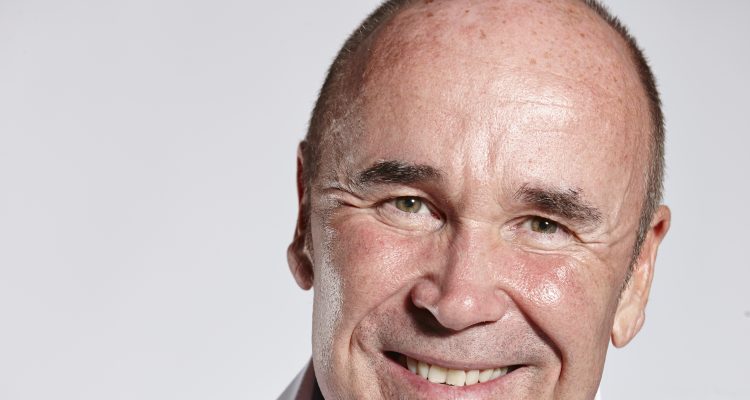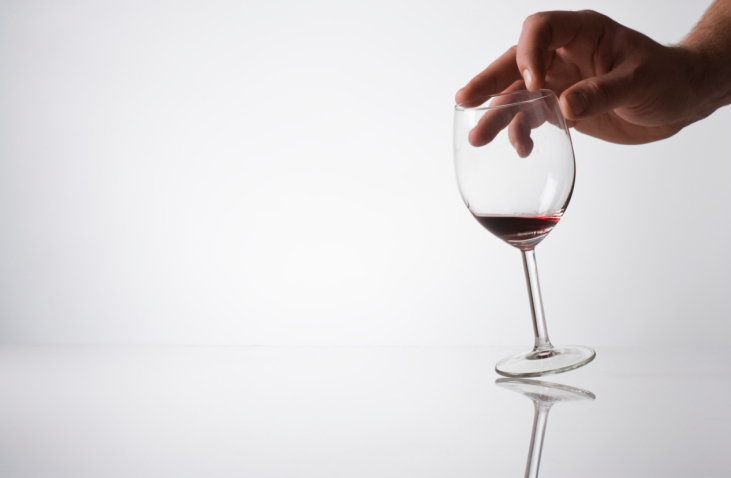
Although the holiday season has drawn to a close, a very important new year’s resolution may be to cut down on your consumption of alcohol—and this is especially important for women.
According to a study recently released, most women living in the U.S. are not very concerned about their alcohol intake and how it may influence their risk of developing breast cancer.
In a recent U.S. national survey involving 1,692 women aged 30-65, 88% of the women surveyed claimed that they were uninterested in learning about ways to decrease their alcohol consumption.
Given that excessive alcohol consumption is a risk factor in the development of breast cancer, this news is rather alarming.
About 80% of the women surveyed wanted to know more about breast cancer reduction only as it pertained to weight reduction, changes in diet, and exercise participation.
“Alcohol is embedded in all the good times in life like parties, end-of-work-day rituals, and coming-of-age rites, such as college socializing,” said Dr. Weiss. “Alcohol is also self-medication. These are stressful times with a lot of economic uncertainty, and alcohol is a reward at the end of a long day.”
The problem here is that there is an increased risk of developing breast cancer with the use of alcohol. Younger women who binge drink can actually substantially increase their risk of developing breast cancer by the age of 50 and continual but moderate consumption of alcohol over time can also increase the risk. Regular binge drinking is defined as consuming six or more drinks in one sitting. How many younger women are doing this on a regular basis? Regular binge drinking can increase your risk of developing breast cancer by as much as 40%!
Previous research has conclusively shown that even one drink per day over an extended time frame can increase breast cancer risk.
In my opinion, the survey results are concerning and should be addressed. In addition, more health care professionals need to have conversations regarding alcohol intake and the risk of breast cancer with their female patients. I am particularly concerned regarding the younger women who are exposing themselves to large doses of alcohol at an earlier age than ever before.
The previous research has also indicated that women in their 20s drink in this binge pattern at least 50% of the time! Is it a coincidence that the incidence of breast cancer has risen as has the level of alcohol consumption in younger groups of women?
In my opinion, it’s time for a new pattern of awareness that needs to be propagated to women regarding the risk of excessive alcohol consumption and the risk of breast cancer. This is one which can be controlled through proper education and awareness.
Sources:
Mulcahy, N., “U.S. Women Not Interested in Alcohol as Breast Cancer Risk,” Medscape web site; http://www.medscape.com/viewarticle/818078, last accessed Dec.30, 2013.
“Binge drinking increase breast cancer risk,” Daily Mail web site; http://www.dailymail.co.uk/health/article-106324/Binge-drinking-increases-breast-cancer-risk.html, last accessed Dec.30, 2013.














